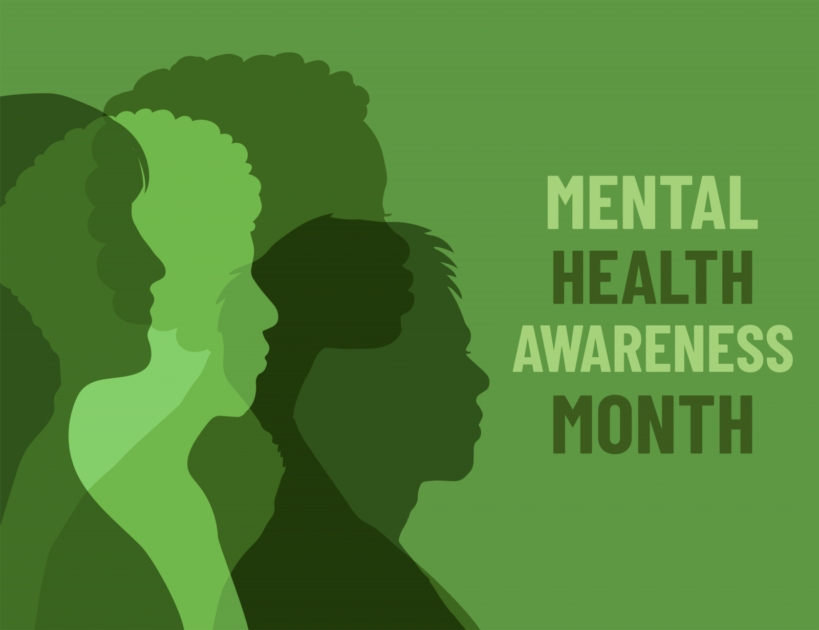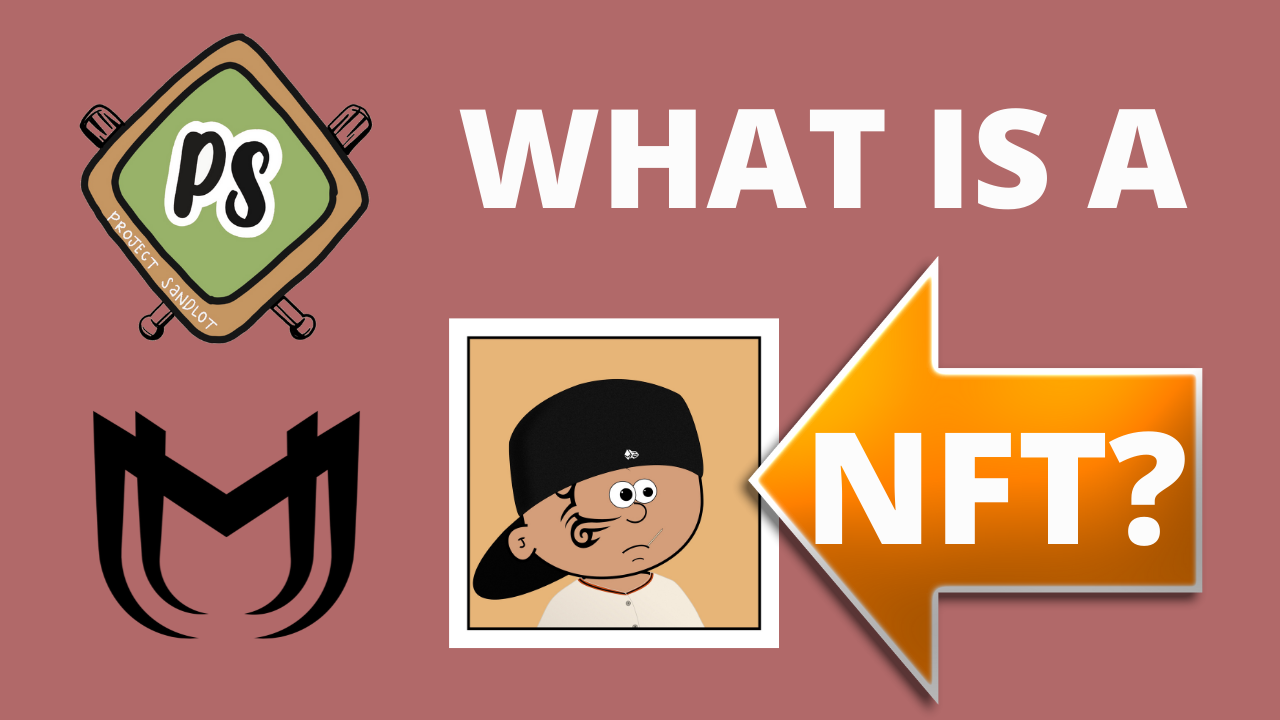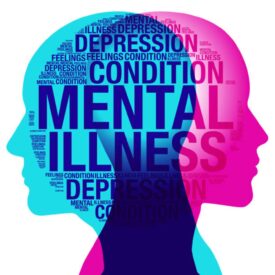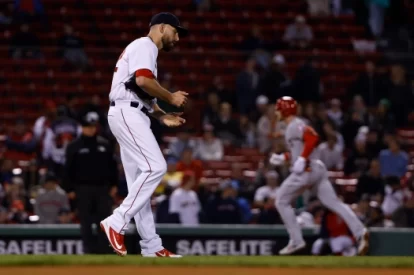The mental health battles that can come with athletics rang true for many of us here at Major League University. But we quickly realized that those mental struggles on the field could also play a factor in individuals off the field. Millions of Americans across the United States struggle with mental health battles each year. There is a constant battle to fight stigma, find ways to support those in need, and educate the public on mental health in general. All of us at Major League University have the same goal: to impact a million athletes by providing them with a healthy foundation not just on the field but also in life.
May is mental health awareness month, and you may ask yourself what that means. It is a time to raise awareness for those living with mental or behavioral health issues and to help reduce the stigma that so many dealing with those battles face. Reducing stigma is essential in the overall battle. The less we can make people feel ashamed for the way they are feeling or the struggle they are going through, the better opportunity we have to help them seek out care. In 2017, the National Alliance on Mental Illness listed nine ways we can fight mental health stigma:
- Talk openly about mental health
- Educate yourself and others
- Be conscious of language
- Encourage equality between physical and mental illness
- Show compassion for those with mental illness
- Choose empowerment over shame
- Be honest about treatment
- Let the media know when they’re being stigmatizing
- Don’t harbor self-stigma
Austin and I recently had the opportunity to sit down with Joel Penfield of One Royals Way on the KC Sports Network. We had a frank conversation about mental health, baseball, and what needs to happen to help individuals get the treatment they need for mental health illnesses. I touched on during this podcast that it is imperative to reduce stigma, but we also need to join together to improve our nation’s mental health care system. Reducing stigma is essential, but it is not the only step we need to take. Making people feel comfortable seeking the care they need is extremely important, but once they are ready to seek out that care, we need to make sure that they have the resources necessary to access that care.
Ultimately, the U.S. mental health care system needs a significant transformation. In 2019, only 45 percent of people with a mental illness received mental health treatment. This translated to unmet mental health needs for more than 30 million Americans. We need to incentivize, develop, and grow a robust behavioral health care workforce. As well as expand access to digital and tele-mental health services, improve the availability of peer-support services, integrate behavioral health care into the primary health care settings, and much more. These improvements could push us all into treating our mental health just like our physical health. These improvements can get more people in the door and ensure that Americans do not have their mental health needs unmet.
We are becoming more accepting as a society of mental health and substance use battles, but our next step will be to act to make sure that those in need get the help they deserve. Recovery from mental health and substance use is possible. We need to support those, athletes or everyday individuals, in obtaining the mental health resources needed to help them through their battles. As we wrap up Mental Health Awareness Month, it is important to remember that the fight for adequate mental health treatment for all and improving our mental health care system doesn’t just end because May is over. People will still be struggling with these battles, especially as the COVID-19 pandemic rages on. Take time to remember to always reach out to your loved ones that might be in need and remember that when it comes to your own struggles, it is okay to not be okay.








